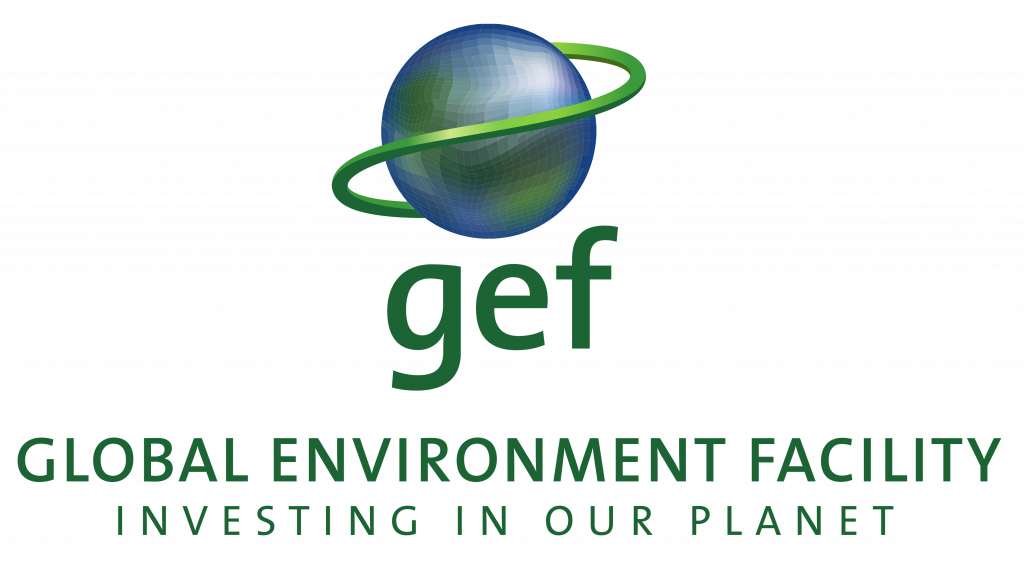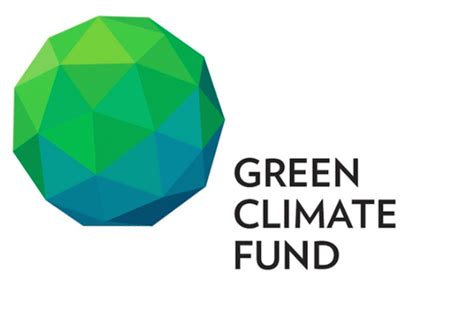Learn About
Enabling Lesotho's Enhanced Transparency Framework (ETF)
Introduction
The Ministry of Defence, National Security and Environment under the Lesotho Meteorological Services (LMS) will be implementing a three-year project titled “Enabling Lesotho’s enhanced Transparency Framework” supported by Global Environment Facility (GEF) with United Nations Environment Programme (UNEP) as the delivery partner from January 2023 to December 2025. The project will engage with and benefit a wide range of stakeholders across all sectors and levels of government. Beneficiaries will include national and local-level government, non-governmental organisations, civil society organisations, private sector actors, academia, and ultimately, local communities. This project will assist Lesotho overcome and address the barriers that prevent the country from meeting its international commitments as set out in Articles 4 and 13 of the Paris Agreement.
Project Objective
The object of the project is to build and strengthen Lesotho’s national capacities for planning, monitoring and evaluating its climate policies and actions as defined in the Nationally Determined Contribution in order to comply with the Paris Agreement Enhanced Transparency Framework.
Project Components | Project Outcomes | Project Outputs |
1. Strengthening Lesotho’s capacity to collect and process climate change data into useful information for policymaking and reporting to the United Nations Framework Convention on Climate Change (UNFCCC). | 1. Lesotho uses climate change data and information as input to plan, monitor and report climate change strategies, policies and actions in compliance with the Enhanced Transparency Framework. | 1.1. Institutional arrangements and legal framework to collect and manage GHG Inventory data and NDC tracking data drafted and submitted to the government for adoption. |
1.2. National GHG Inventory Management System improved and relevant stakeholders trained on IPCC´s latest guidelines and tools for national GHG inventories. | ||
1.3. National MRV system designed, tested and operationalized and Ministry staff/local authorities and other relevant stakeholders trained on tracking Nationally Determined Contributions according to the ETF, including co-benefits for SDGs achievement. | ||
2. Monitoring and Evaluation (M&E) | 2. Project is effectively monitored and evaluated | 2.1 Monitoring and evaluation products are delivered |
- Contacts +266 22324376
- Lesotho Meteorological Services




